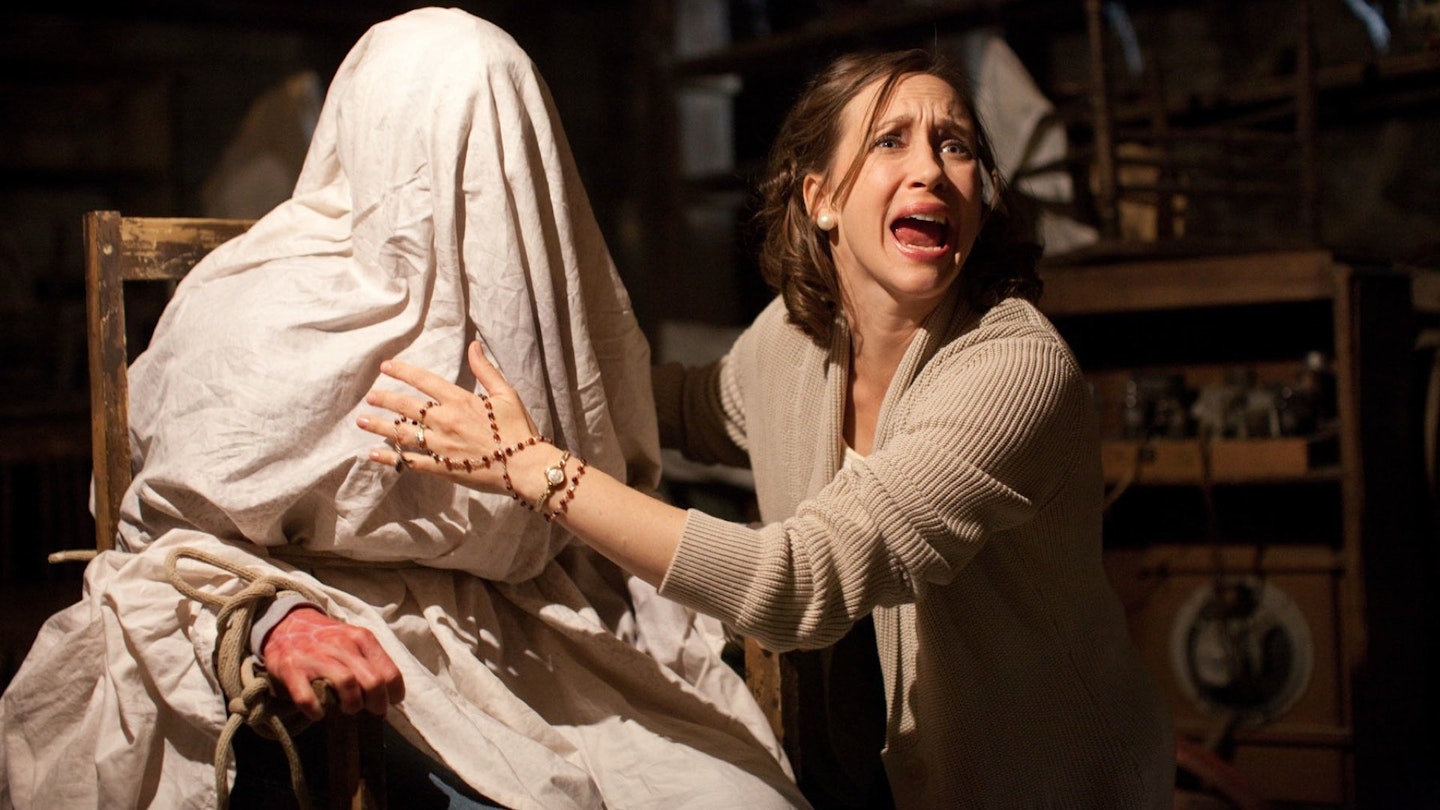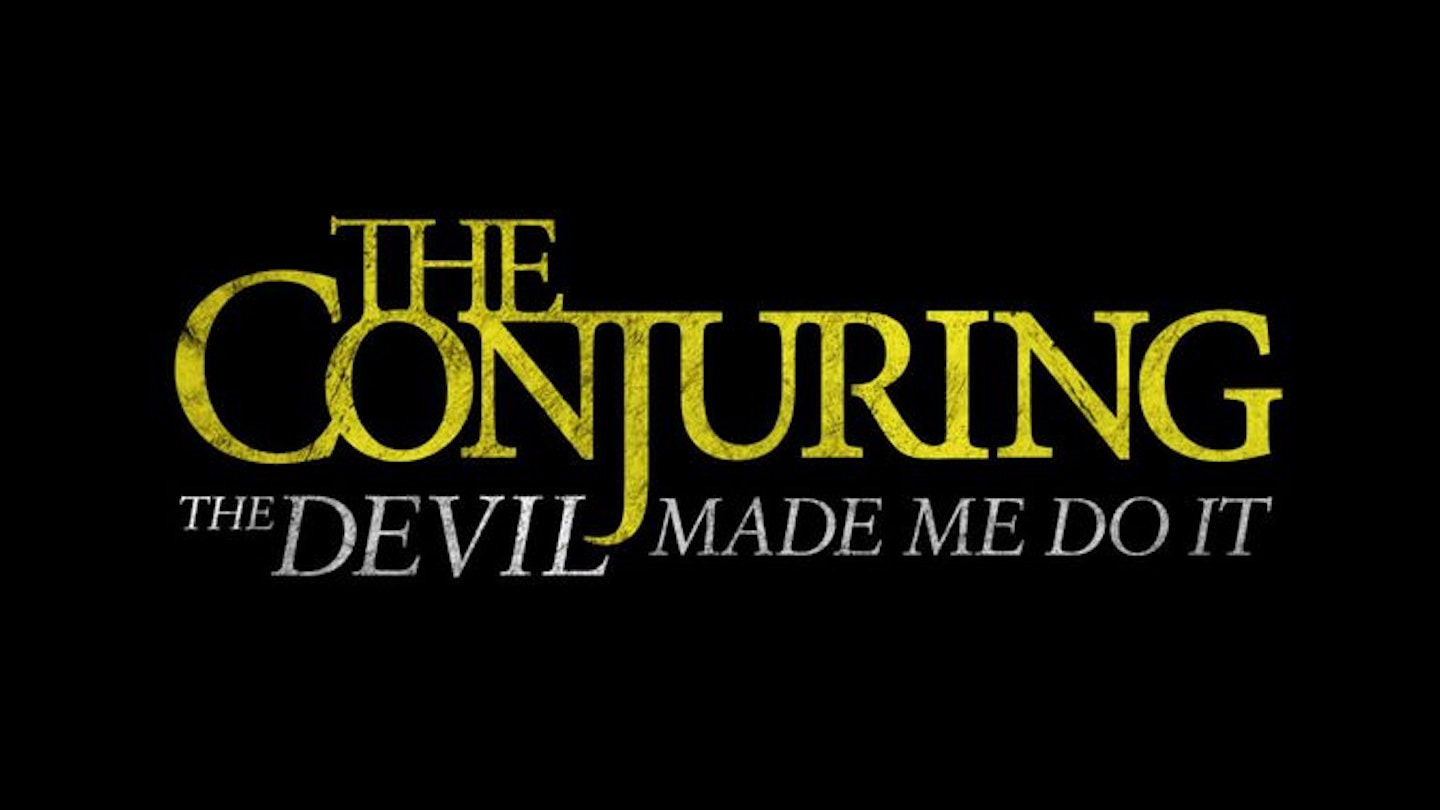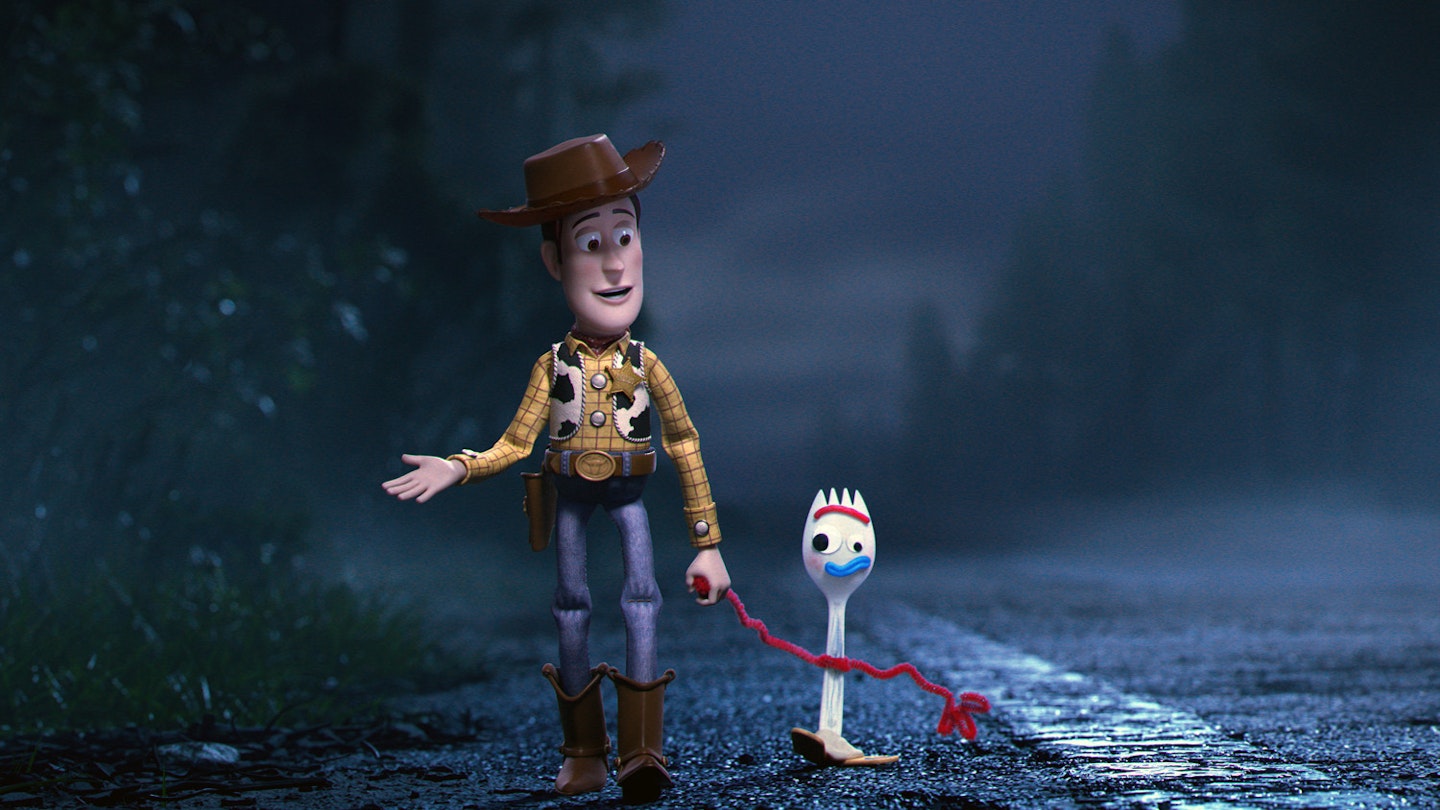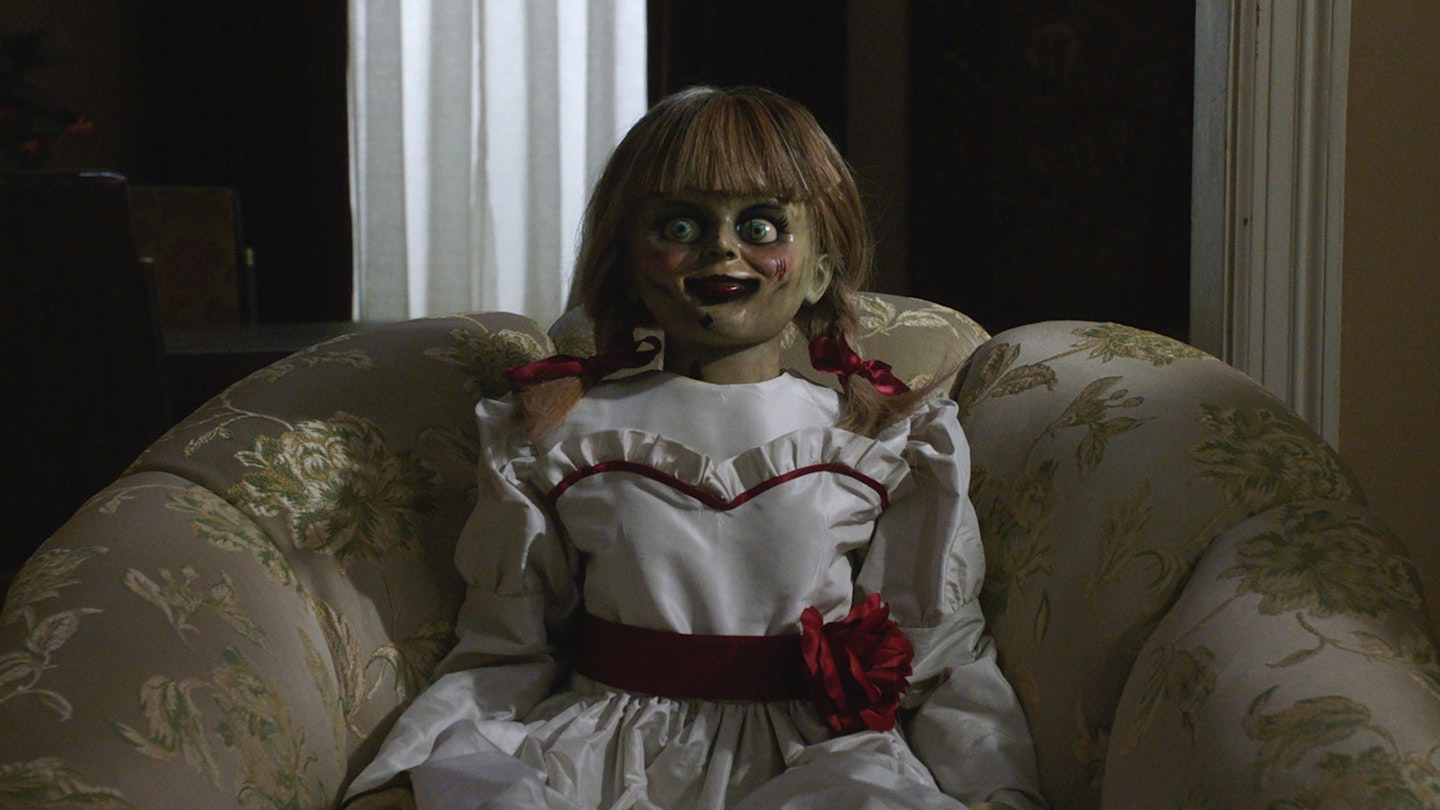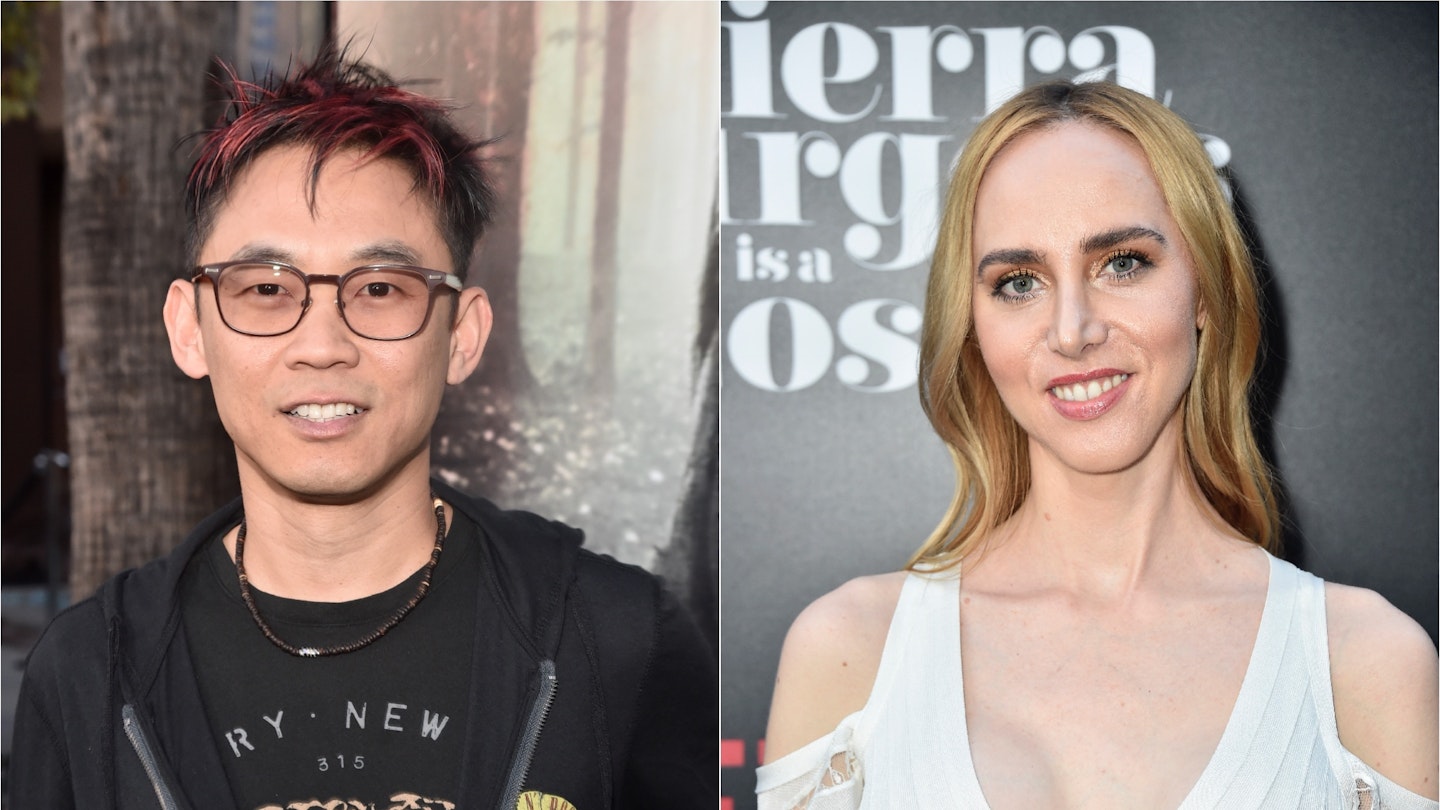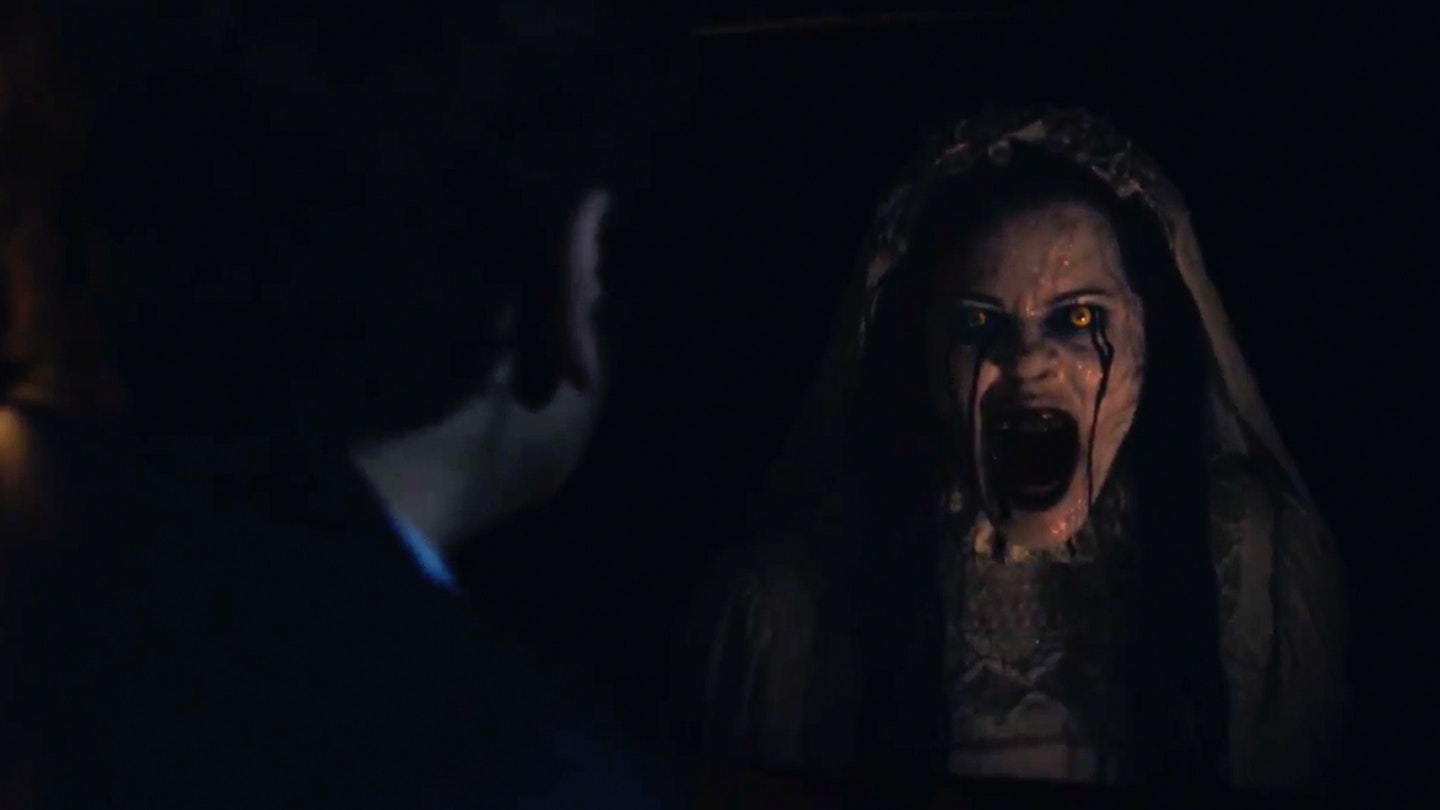James Wan arrived on the horror scene in 2004 with the original Saw, but while the Jigsaw killer continued through six trap-happily tortuous sequels, Wan himself largely left gore behind in his own follow-up projects. Dead Silence channelled the ventriloquist dummy scares of the likes of Dead Of Night, The Twilight Zone and Magic, while Insidious riffed on the haunted house. But where the latter veered off into the loonier territory of further dimensions and string-puppet demons, The Conjuring is a more straight-ahead take on well-worn ghost story tropes. It’s at once eerily familiar and devastatingly effective. It would feel like Wan drawing a classy line under the horror phase of his career (he’s off to direct Fast & Furious 7 next) if Insidious: Chapter 2 were not due shortly afterwards.
“Based on a true story” (of course), The Conjuring involves real-life supernatural investigators Ed and Lorraine Warren, who were involved in the Amityville saga (and were convinced it wasn’t a hoax). Like 1979’s The Amityville Horror and its many sequels, imitators and progenitors, Wan’s film sees a family (the Perrons; cry for them) moving into a new old home in which various historical traumas — child murders, witch trials — are manifesting as spooky phenomena. The Conjuring fills its exhausting run-time with a cauldron of stirred echoes from any number of its similarly-themed predecessors: a period 1970s setting; doors that open and close on their own; things under the bed; a dog that won’t enter the house; crawl spaces; a cellar; a doll; a music box; ghosts; possessions; exorcisms; secrets uncovered. Even the bird-strike set-piece has unfortunately already been seen this year, in the inferior Dark Skies (with which The Conjuring shares composer Joseph Bishara).
Yet rather than feeling stale, these ingredients in Wan’s hands combine into a classic, classical horror: you get the feeling that this must finally be the film Lili Taylor hoped Jan de Bont’s 1999 remake of The Haunting would be. Played absolutely straight, the performances are uniformly effective and affecting, whether from Taylor, Ron Livingston, Vera Farmiga and Patrick Wilson as the couples on either side of the spectral divide (Wilson is also in both Insidiouses — Insidii?), or Mackenzie Foy, Joey King, Hayley McFarland, Shanley Caswell and Kyla Deaver as the Perrons’ five beleaguered daughters. The supporting cast are strong too, down to the doll-bothered girlfriends who open the film with a largely unconnected prologue.
The Conjuring revels in great scares well placed: a witch on a wardrobe and a clapping game of hide-and-seek being particularly nerve-jangling examples. The paranormal activity here is about more than the occasional loud noise, however. It’s a cliché to call the house a character in the film, but suffice to say the production design is impeccable enough to render every nook and cranny both homely and dangerous. Regular Wan collaborator John R. Leonetti’s cinematography too is particularly worthy of mention, painting American Gothic textures on both interiors and exteriors, and rendering the difficult moments with a terrible beauty that only emphasises their ugliness. The slow reveal that there are different spirits with different agendas at work in the house is masterfully handled, and even the lurch into screaming exorcist territory feels like a natural crescendo rather than an onslaught of overwrought effects.
